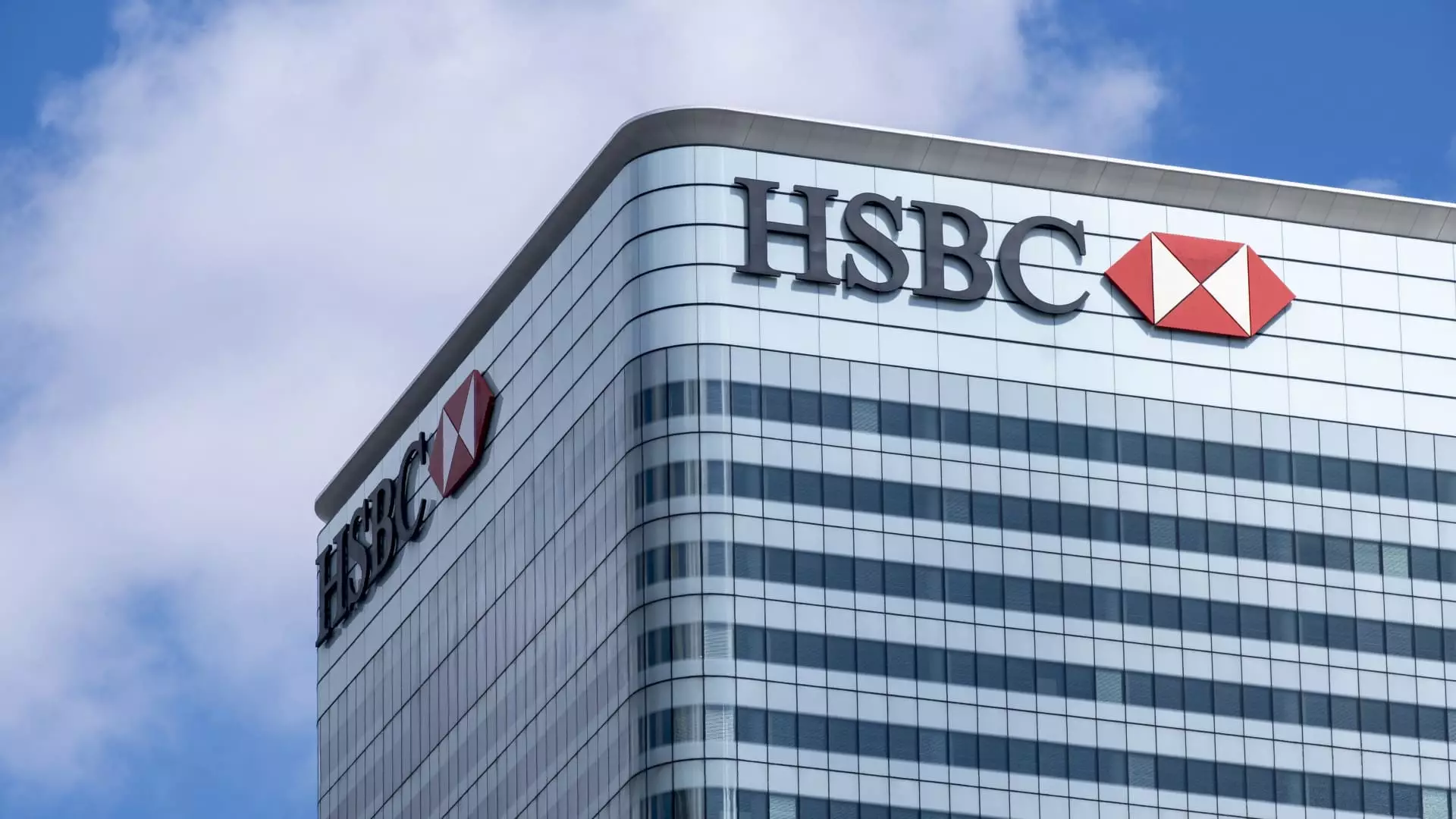On Tuesday, HSBC, the largest bank in Europe, reported strong third-quarter earnings that exceeded analyst expectations. The bank’s pre-tax profit surged to $8.5 billion, reflecting a 10% rise from $7.71 billion posted the previous year. This performance was largely attributed to robust growth in revenue, particularly within its wealth and personal banking divisions. With revenue hitting $17 billion—higher than the projected $16.2 billion—the bank showcased its resilience and ability to adapt in a challenging economic landscape.
The growth figures from HSBC are critical to understanding the broader banking landscape, especially as financial institutions navigate through a volatile market. Analysts had previously predicted a pre-tax profit of $8 billion, showcasing the bank’s stronger-than-anticipated returns. This performance reinforces HSBC’s position as a leader in banking, especially in a time where many institutions are grappling with varying economic pressures.
In a further display of confidence in its financial health and future prospects, HSBC announced a $3 billion share buyback program. This announcement is part of a broader strategy, bringing the total share repurchase amount for the year to a staggering $9 billion. Earlier announcements saw $3 billion allocated in both the first and second quarters of the year. Additionally, the company’s board sanctioned a third interim dividend of $0.10 per share, which signals to investors HSBC’s commitment to returning value to its shareholders amid a growing profitability outlook.
The bank’s share buyback plan is noteworthy for several reasons. It not only indicates confidence in its operational performance but also serves as a strategic measure to bolster the stock price by reducing the number of shares outstanding. This is essential in a competitive market where investor sentiment can be fickle. Furthermore, the decision to reward shareholders with dividends indicates that HSBC remains committed to its shareholders’ interests, even as it reinvests in its operations.
Interestingly, the timing of these announcements aligns with HSBC’s newly proposed restructuring plans designed to create a more streamlined operational framework. The bank revealed its intention to reformulate its divisions into four core business units that focus on geographical and product-specific strengths: Hong Kong, U.K., international wealth and premier banking, and corporate and institutional banking. This initiative appears to be part of a larger strategy aimed at minimizing redundancy within its operations.
HSBC’s decision to restructure under the leadership of its new finance chief also emphasizes a shift towards a more agile and efficient organization. By aiming to reduce duplication in processes, the bank could enhance decision-making speed and responsiveness to market conditions. This strategic overhaul is expected to take effect in January and represents an essential pivot for HSBC as it attempts to consolidate its strengths while positioning itself favorably against competitors.
Despite the positive earnings report and the strategic initiatives, HSBC faces challenges that could influence its future performance. The bank reported a decline in its net interest margin, shrinking from 1.70% to 1.46%, which fell below broker estimates of 1.56%. This metric is vital as it measures how much banks earn from lending activities compared to interest they pay on deposits. A decreasing margin indicates potential difficulties in maintaining profitability, especially as economic conditions fluctuate.
While HSBC’s recent financial results and strategic transformations paint a promising picture, potential headwinds such as narrowing margins and economic uncertainty loom on the horizon. The next several quarters will be crucial in determining whether HSBC’s restructuring efforts and confidence in its growth plans can translate into sustained performance and shareholder value.

